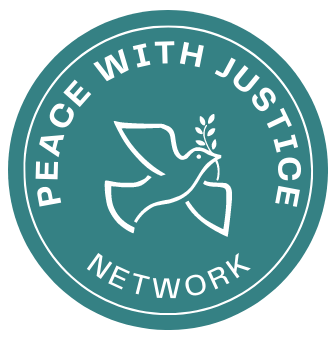What can the struggles of Madhesi in Nepal and Adivasi struggles in India learn from each other? What do they see as the solutions to the discrimination they face?
Jacinta Kerketta and Tula N Shah explore with Tejendra Pherali their stories, analysis and movements over the course of history and today.
Jacinta Kerketta is a poet, writer, and freelance journalist, belonging to an Oraon Adivasi community in West Singhbhum district. She writes in Hindi. In her poems, Jacinta highlights the injustices committed against the Adivasi communities, along with their struggles. Her poems are also important cultural and artistic documents of Adivasi worldviews. Jacinta is the author of two bi-lingual (Hindi and English) full-length collections of poems – Angor (Adivani, Kolkata) and Jadon Ki Zameen (Bharatiya Jnanpith, New Delhi). She sits on the editorial board of AGITATE! Unsettling Knowledges.
Tula Narayan Shah is the Executive Director of Nepal Madhesh Foundation (NEMAF), a non-governmental organization working in the area of public education, youth migration and local governance in the rural areas of the Madhesh region of Nepal. He has more than a decade of experience in grass root research and activism in the areas of inclusive democracy, peace and politics with his works being focused on the Madhesh region and the Madheshi community. Tula frequently writes analytical pieces on contemporary politics, political representation and development-related issues in leading newspapers in Nepal. He is a co-editor of Madhesh Adhyayan (A Nepali language journal focused on the Madhesh and Madheshi community) and he has also written many seminar papers on federalism, inclusion, political representation and social movements in the Nepalese context.
Tejendra Pherali is the Professor of Education, Conflict and Peace at IOE, UCL’s Faculty of Education and Society, University College London. His research and teaching focus on education, conflict and international development with a particular focus on education in contexts of mass displacement, politics of and inequalities in education and education’s role in promoting peace with social justice. He is also interested in social movements, the political economy of education and critical pedagogies. Tejendra currently leads the MA Education and International Development: Conflict, Emergencies and Peace and is involved in research in South East Asia, Lebanon and Nepal. He is the author of Conflict, Education and Peace in Nepal (Bloomsbury, 2022) and also the editor of Education and Conflict Review. Tejendra is currently the Chair of the British Association for International and Comparative Education (BAICE) and chairs the Editorial Board of Compare Journal.
Image credit: Feminism India
